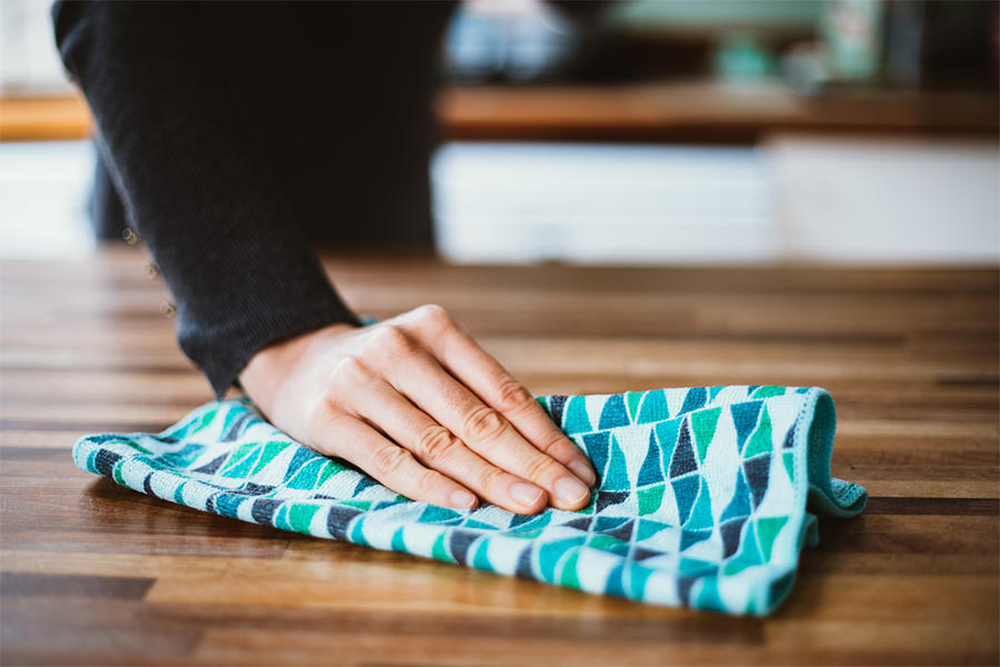The rains have arrived! There’s a lot going on! With the wonderful water pouring, the chai and pakoda session, and the being drenched – because it feels good – session comes to the really inconvenient leakage issues, fungus on wooden furniture, and damp flooring.
Waterproofing is a method of preventing water from entering your stately home. Rainproofing your home is essential since it keeps it dry. If it allows for reduced humidity within the house, it protects the valuables of your home from harm caused by humidity or water exposure. It is also necessary for the building’s authenticity.
It’s that time of year when you may notice leaky walls, fungus on wooden furniture, or moist flooring. The monsoons provide welcome relief from the searing heat of the summers. As the showers begin to cool the temperatures, householders must hurry to monsoon-proof their windows and doors to prevent bad shocks later on. There are a few things you should do to prepare your home for rain. Here are some effective ways to waterproof your home that you should consider:
1) Use a dry cloth to clean the furniture
If you usually wipe your wooden furniture with a damp cloth, switch to a dry cloth this season. Your furniture may become ruined as a result of the high quantity of moisture in the air. You may also use cleaning products created exclusively for wooden furniture.
Indians want to get their furniture cleaned every other day. So, in line with the tradition, wipe your furniture clean with a dry cloth rather than a wet cloth. High levels of moisture may cause havoc on your furnishings.
2) Avoid the use of carpets
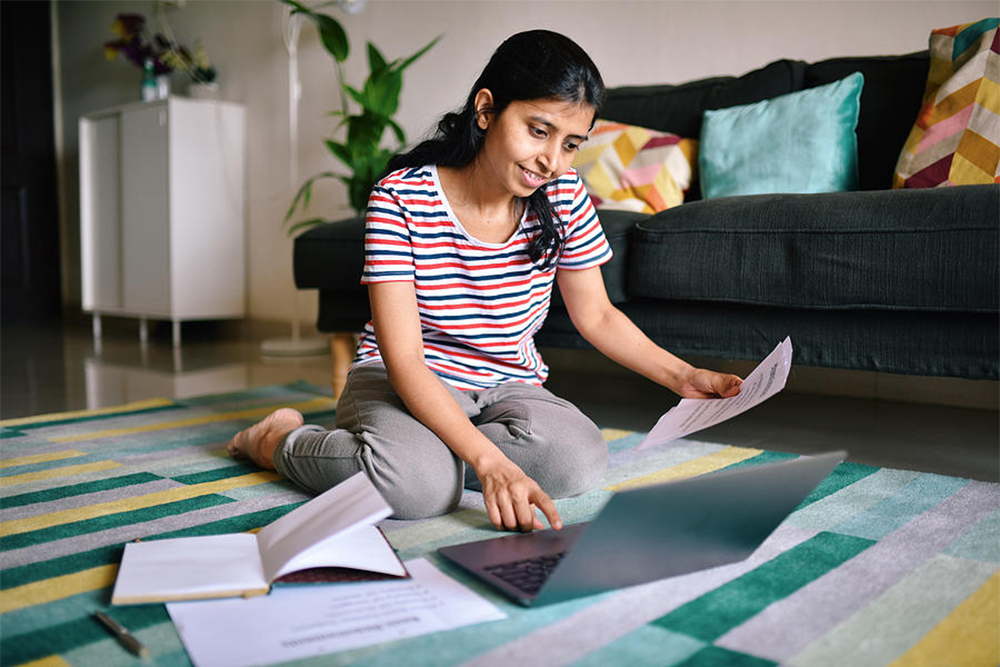
If you clean the floors with a wet towel, they will stay moist all day. To prevent your carpets from becoming ruined, roll them up and store them away for the season. Before putting the carpet away, give it a good airing.
Carpets on your floor will seem nice, but the moisture in the air may give you a wet sensation all season. To avoid humidity, blow dry it and store it in a dry location.
3) Make use of a strong cleaning agent
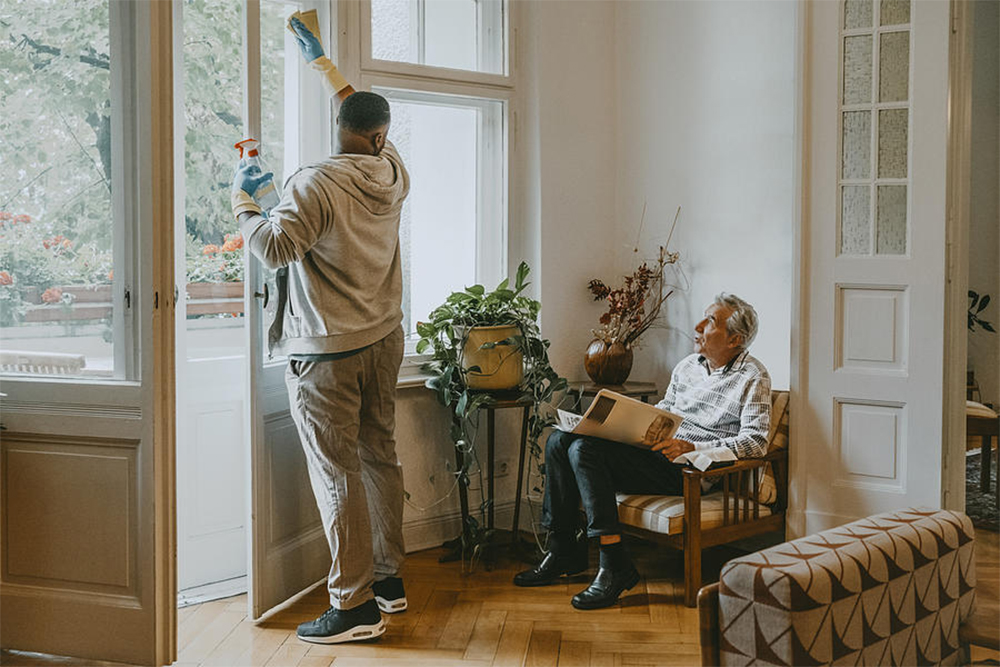
During this season, cockroaches, bugs, and flies are common. As a result, use a cleaning product that is meant to keep pests at bay. If there is any humidity in the house, try to dry mop the floors as much as possible.
The monsoon season brings cockroaches, flies, and insects. Use a powerful cleaning product every time you mop your floor to keep them out.
4) Replace your sheets every other week
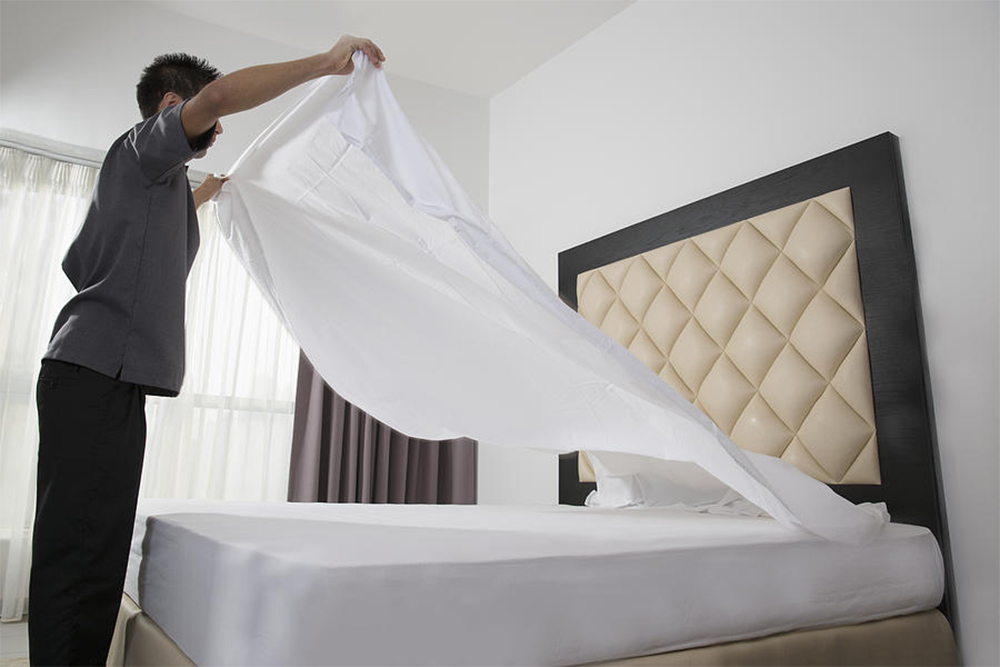
Airborne moisture may also wreak havoc on your linens. Change the covers every other week to keep your linens — bed covers, bedsheets, and so on — fresh and crisp. You might also try dry cleaning them rather than washing them at home.
This happens every season. That moist sensation on your bed covers. It’s best to clean and replace them every other week. You might also try having them dry cleaned.
5) Inspect your home’s drains
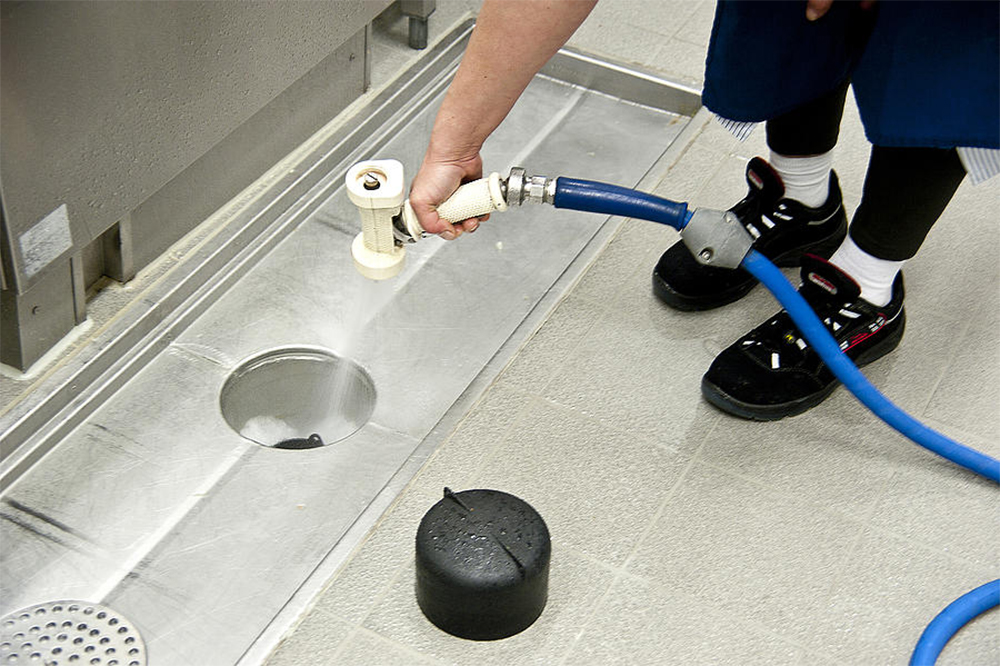
The drains in the house are another source of concern during the monsoon. They frequently become blocked as a result of excess water or food particles becoming lodged. Unclogging your drains once a week is a good way to keep them clean in your home. If the drain is clogged, it can spawn insects and the water may overflow into your home, in addition to spreading nasty odors.
This season, the drains are prone to be stuck. This may result in the development of insects or the overflow of water in your home. It is preferable to unclog them as often as possible.
6) Tighten the Loose Wires
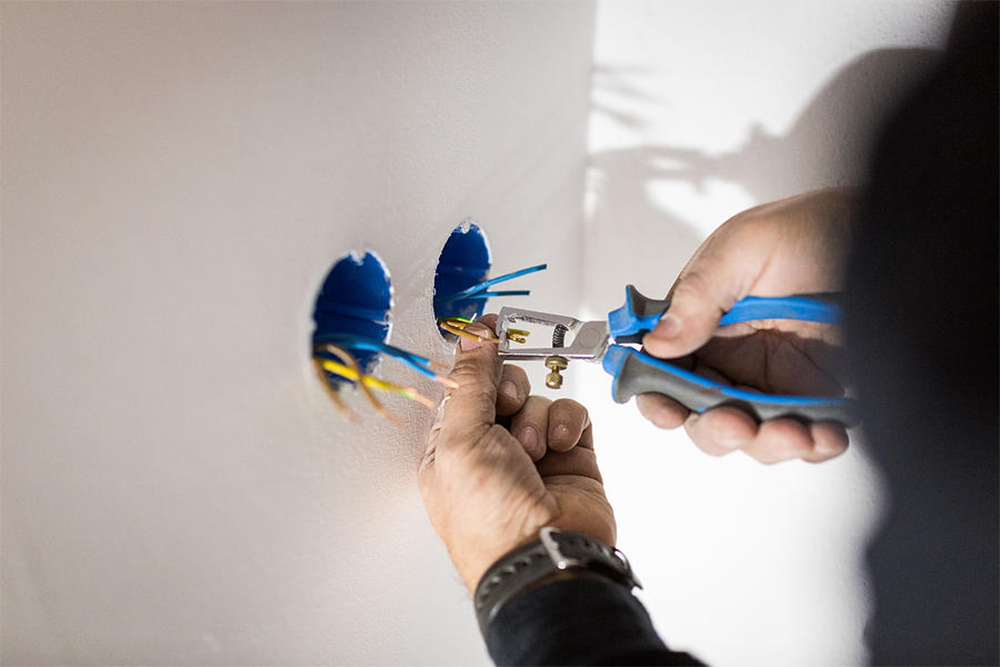
If you have any unsecured wires in your home, it is usually a good idea to replace them before the rains come. However, if you discover a defective wire in your home, rather than ignoring it, have it fixed as quickly as possible. Electrical failure can occur as a result of severe rainfall, and this can lead to a deadly short circuit.
It is critical to repair the loose wires since this season increases the risk of short circuits. If you have children, never leave a wire unattended.
7) Repair any leaks
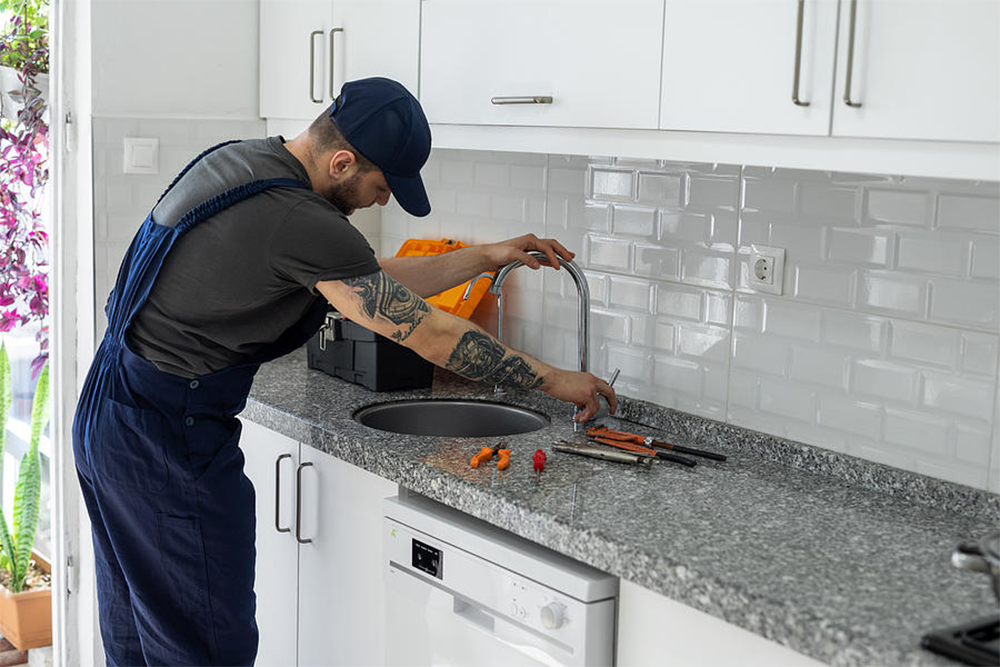
Leakage in the house is a major concern for most people when it rains. It’s possible that a wall or a water tap in your home is leaking. As a result, you should get them repaired on a regular basis to avoid water seeping into your home. You may also use adhesives that are specifically developed to prevent any type of water leaks.
This is the most typical issue when it rains. Repair any leaks as soon as possible since humidity in the walls can cause them to seem puffy, causing the paint to wear away.
This monsoon, it is critical to maintain your home waterproof, and taking care of your home is the first step. If you want your home to be protected from the effects of monsoon, MyLA will provide you and your family with the best waterproofing services available.

